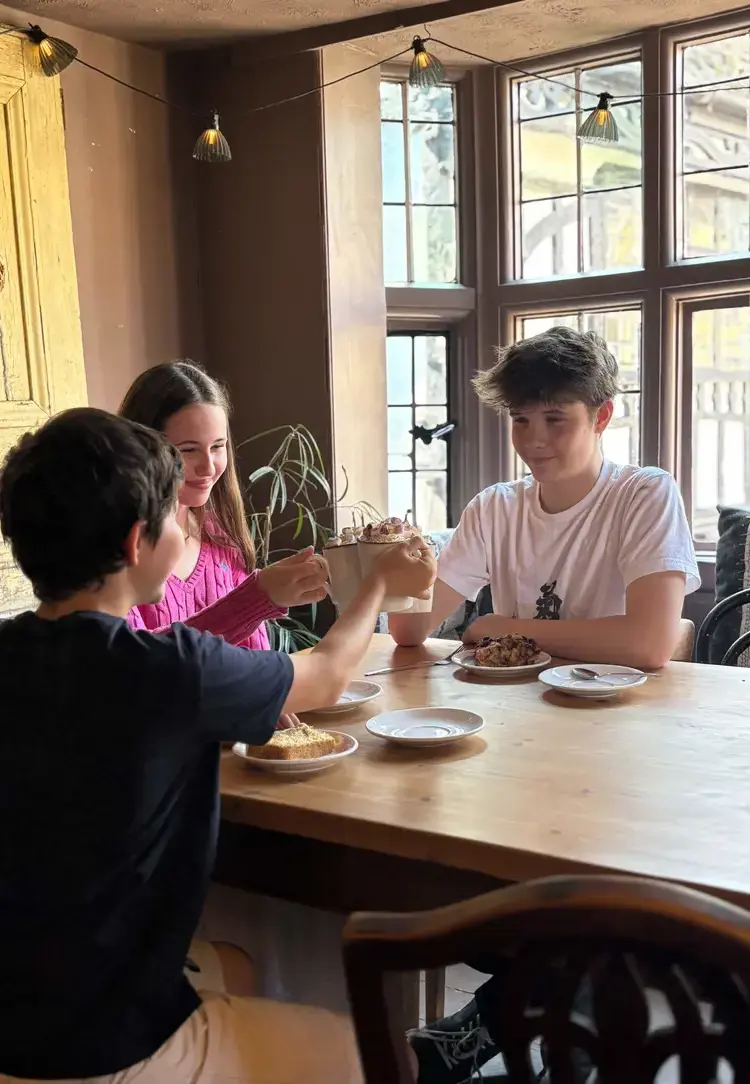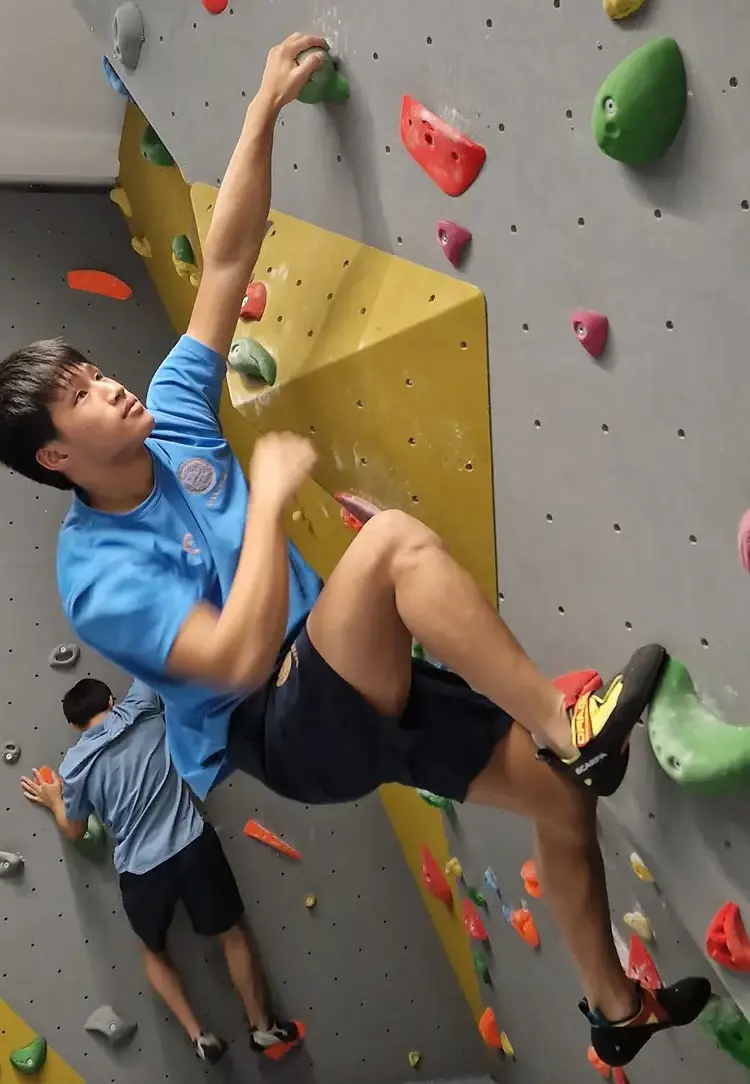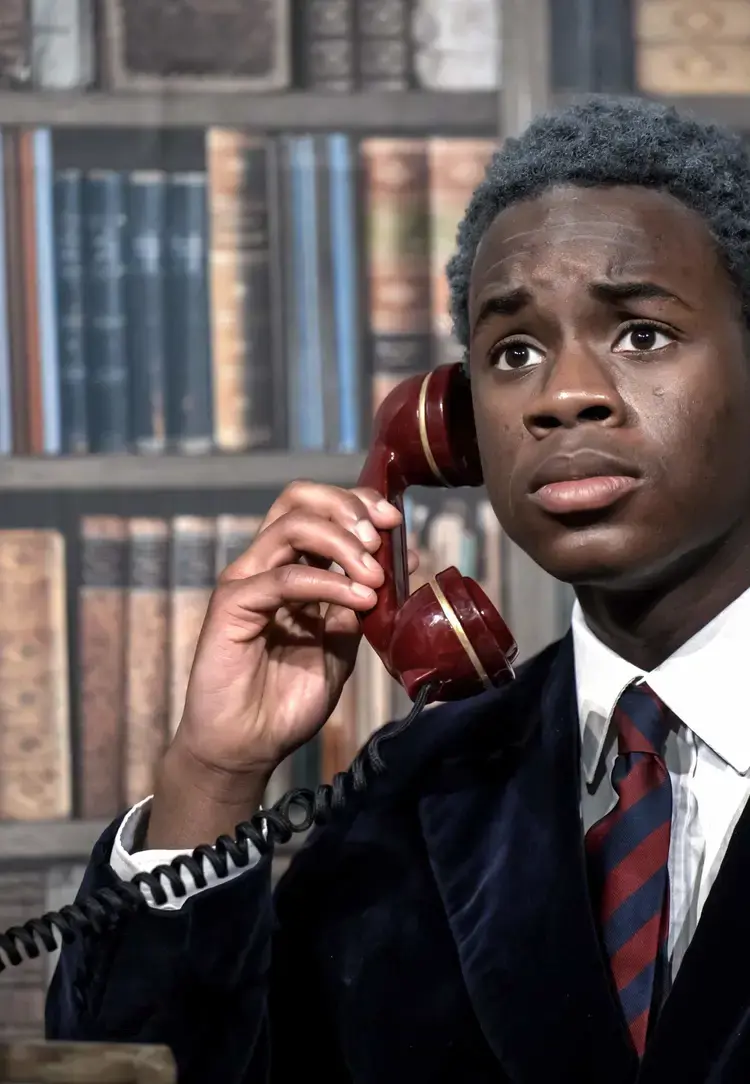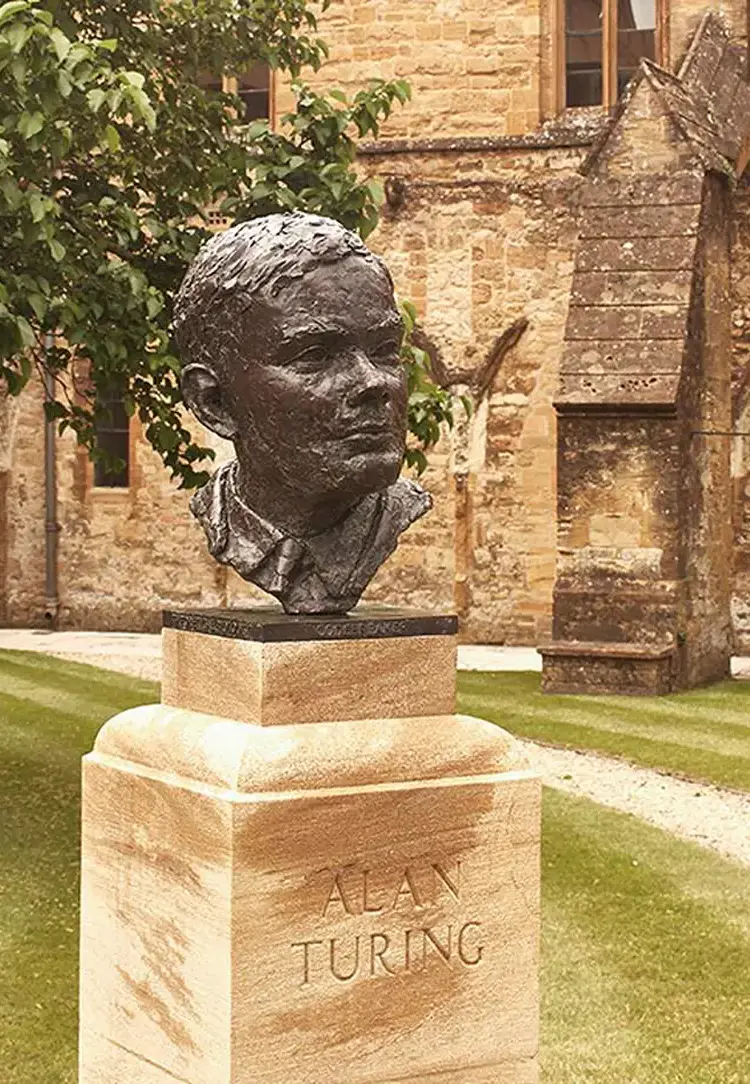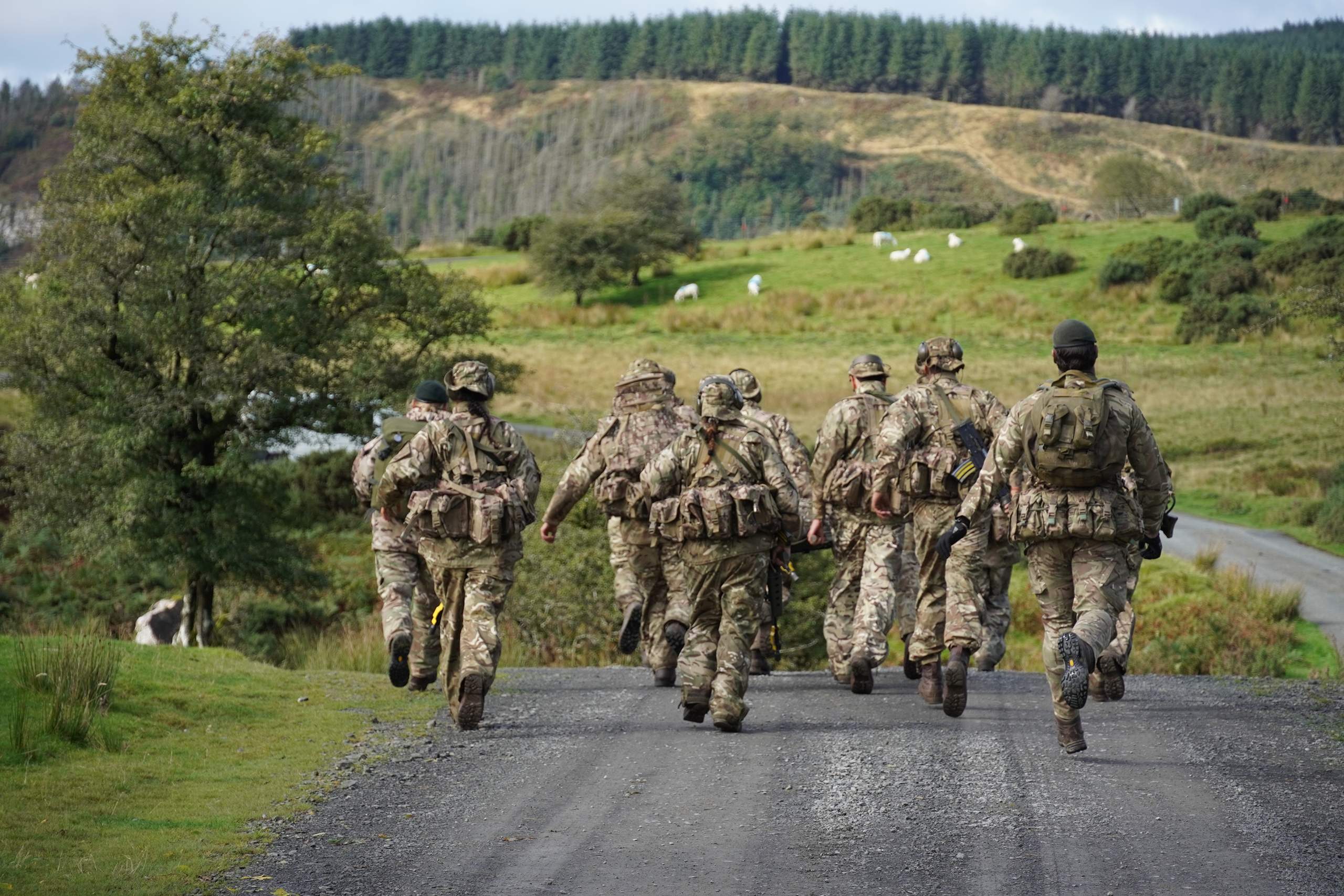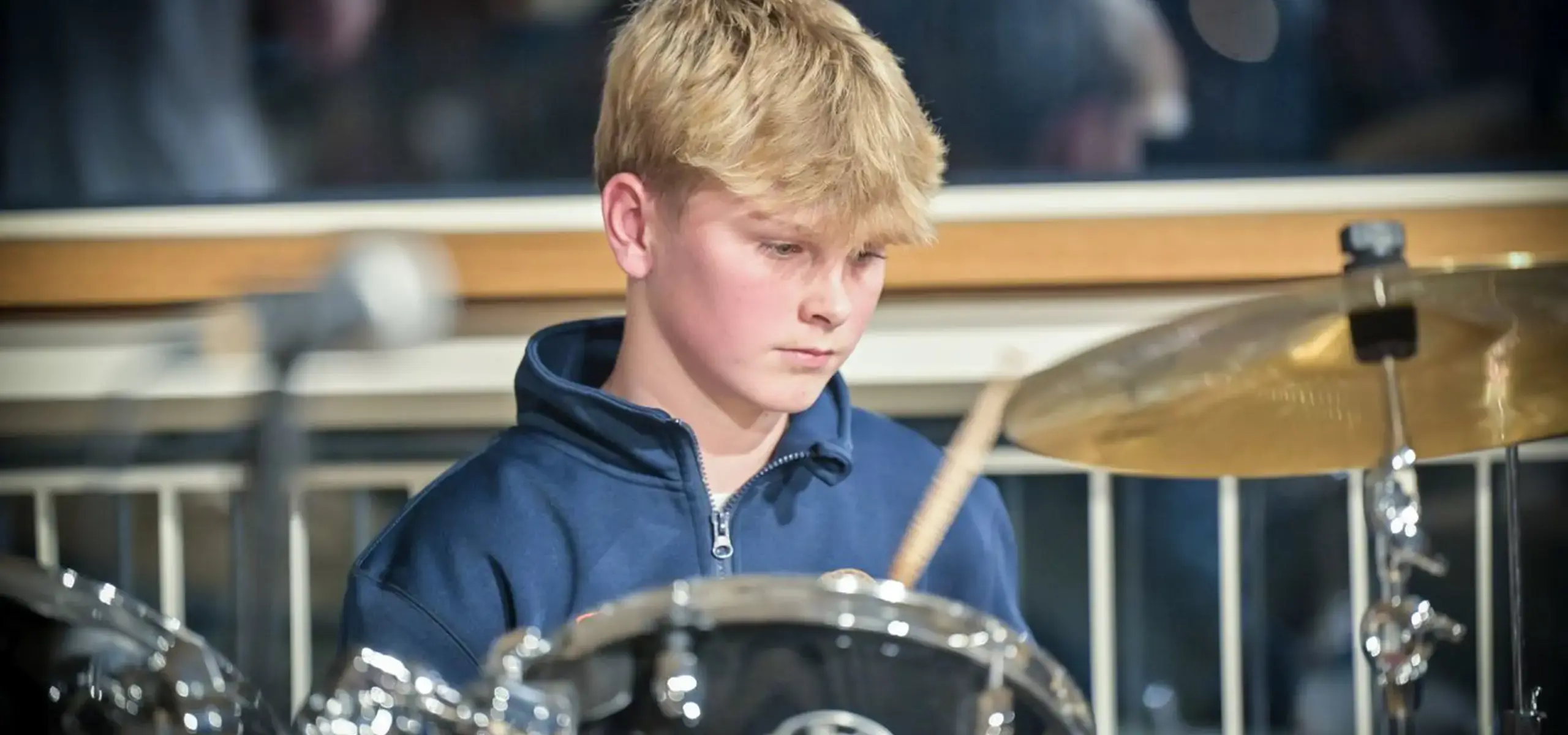Battlefield to Classroom
From the Royal Marines to the Classroom: Why Veterans Make Great Teachers
The Government continues to offer £40,000 bursaries for former service personnel, specifically those who left full-time employment with the Army, RAF or Navy within the past five years, to retrain as secondary school teachers in priority subjects such as maths, physics, chemistry, biology, computing and languages. This scheme, confirmed in the 2024–25 Initial Teacher Training Bursaries Funding Manual, remains one of the most significant financial incentives available for career changers.
As our former Defence Secretary once remarked: “Through leadership, teamwork and problem solving, veterans are ideally suited for a career in teaching.” While some imagine the “soldier-turned-teacher” as a drill sergeant barking orders, the reality is far more nuanced. Veterans bring transferable skills such as calmness under pressure, resilience, adaptability and leadership that enrich the classroom far beyond discipline alone.
My own journey into teaching began after leaving the Royal Marines, having served with 42 Commando and completed two tours of Afghanistan. A brief stint in maritime security convinced me that office life was not for me. Teaching had long been at the back of my mind and, with some encouragement, I enrolled in a PGCE at the University of Exeter.
On arriving at a school as a newly qualified teacher, I was struck by the clear parallels between a commando unit and a school. Both foster fiercely loyal communities, both rely on dedicated officers or teachers who view the mess or common room as sanctuary, and both demand long hours on tasks well beyond the official job description.
It was the extracurricular opportunities that first attracted me to teaching. Examples such as the DofE expeditions, Combined Cadet Force training, international trips, and the opportunities to embed new initiatives all add to the appeal. Yet in truth, the most rewarding part of the role has been gained from being in the classroom itself.
Surprisingly, much of my military training turned out to be directly applicable to teaching. Leadership and management diplomas, coaching and mentoring qualifications, and the experience of working with people from diverse backgrounds under immense pressure all provided a foundation for education. Even the long hours and expectation of self-discipline in the military translated well to the demands of teaching.
Nationally, teacher recruitment and retention remain major challenges. In priority subjects, the Department for Education continues to miss recruitment targets, particularly in STEM and languages. Attrition is still high, though recent figures suggest around 70% of early career teachers remain in the classroom two years after starting, meaning about one in four leave early in their careers. These figures are better than the oft-quoted “half leaving within a year,” but they still highlight the difficulties faced by the profession.
My own experience, however, has been different. Supportive colleagues and motivated pupils have made the job immensely fulfilling. In stark contrast to wanting to leave the profession, I have found teaching to be my true calling—one where the skills I developed as a Royal Marines Commando are put to use every day and one where as a teacher I aspire to inspire a similar passion for life in the pupils I teach.
In both the military and the classroom, success depends on relentless positivity, clear boundaries and consistent leadership. Veterans are not just capable of teaching, they are often exceptionally well-suited to it. For me, becoming a teacher was not a departure from my military past but a continuation of it. The classroom, like the commando unit, is a place where resilience, teamwork and purpose come together to shape the next generation. Similarly, the commando spirit which is characterised by courage, determination, unselfishness and cheerfulness in the face of challenging situations, is perhaps one that can be referenced in qualities we aim to instil in our pupils as they learn, develop and grow as individuals.




